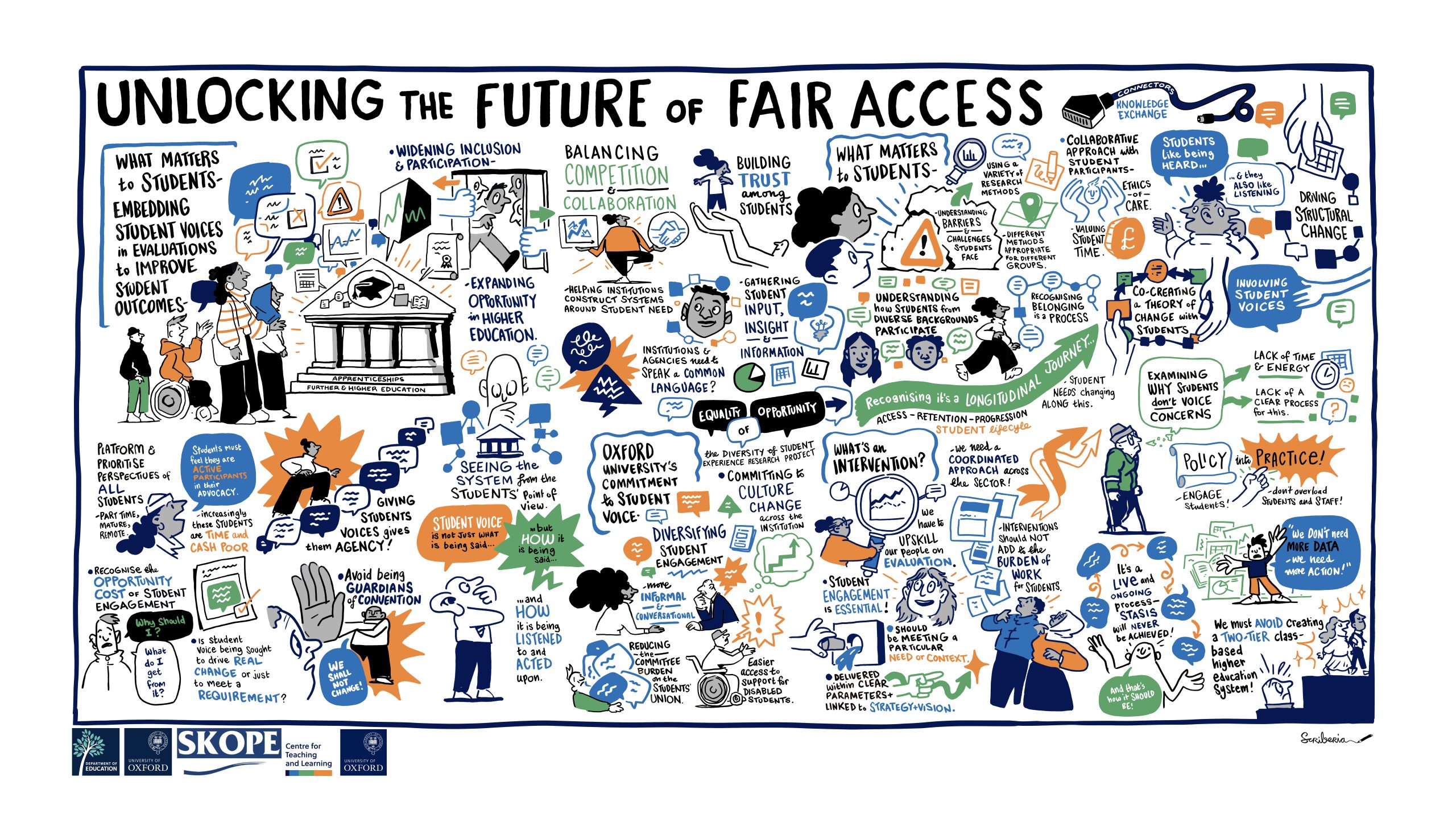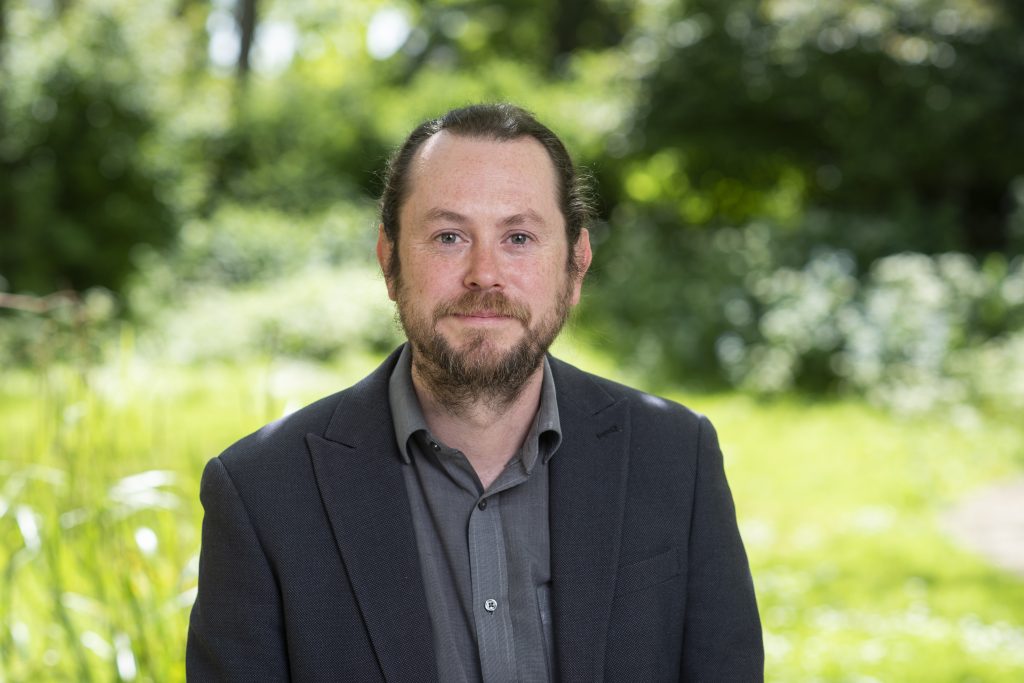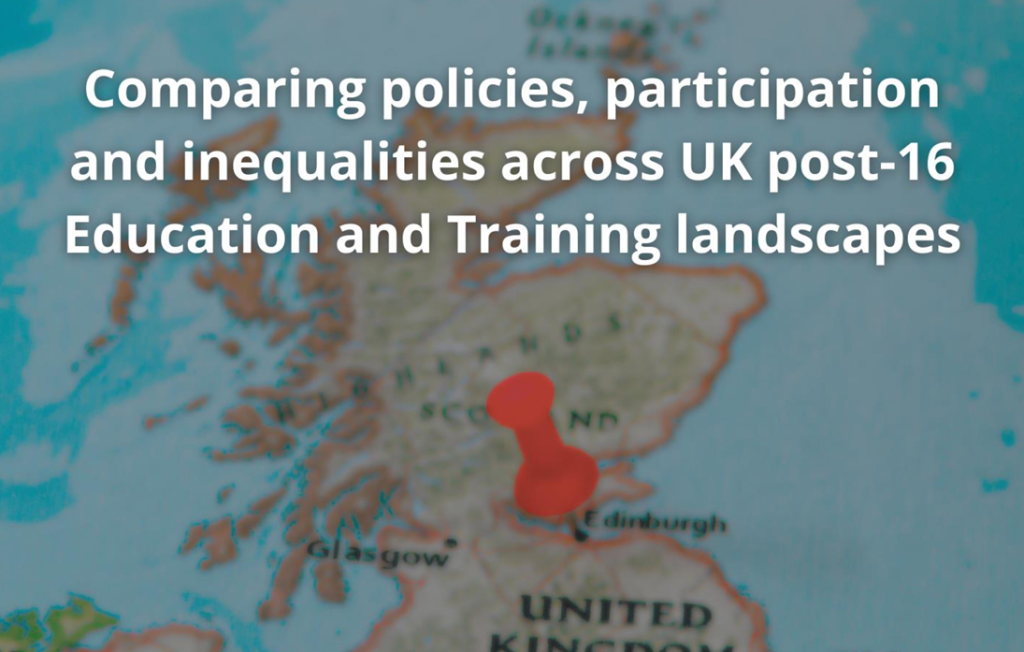The Project
The ‘What Matters to Students’ project examines the effective use of student voices in evaluating higher education.
Get Involved
Help inform future strategies and initiatives on engaging student voices in higher education by completing our survey. Click the relevant link below to fill in the survey, which will take around 15 minutes:
- Survey for professional services staff involved in access and participation plans and/or evaluation
- Survey for university students
About the Project
The project examines how an effective use of student voices in evaluating higher education access and participation activities could lead to better student outcomes. The evaluation process examines how effective institutions’ policies are in ensuring those who can benefit from higher education have fair access. It also helps ensure that once students are in higher education, they are able to participate as fully as they wish. Student voices represent a wide range of experiences, and the project will examine how those voices are recognised. By investigating how student voices influence policy development and implementation, and by evaluating the effect on outcomes, the project can identify what really matters to students.
The project collaborates with policy partners including TASO and the Evaluation Collective. TASO works closely with the Office for Students, which are responsible for assessing Higher Education providers’ Access and Participation Plans (APPs). APPs give details of issues that present risks to equality of opportunity (as defined by OfS guidance). They also include details of plans to address those risks, and how students contribute to the design, implementation and evaluation of the plan’s initiatives. The research will examine how APP guidance is interpreted by HE institutions, working with volunteer institutions to build evidence of good practice, using a range of ethnographic and participatory research methods, and building a rich picture of diverse lived experiences. This approach builds on a previous investigation into how students from diverse backgrounds experience learning at Oxford (visit Diversity of Student Experience Project). Undertaking a broader investigation to examine how diverse student voices influence policy more widely, the project examines good practice of how student voices are used in the evaluation of higher education to improve outcomes for all students.
On 23 October, the “Unlocking the Future to Fair Access” event brought together researchers and policymakers to discuss fair access in student voices. The visual below captures the key insights from the event (click to enlarge):














